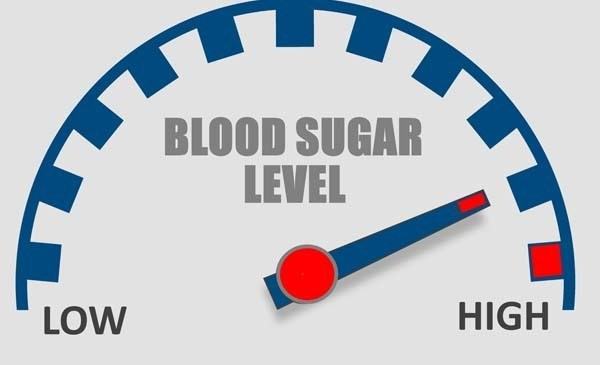Having diabetes means persistently having high blood glucose levels. Over time these levels might damage the body and cause multiple health issues which are usually related to diabetes. You can efficiently manage your diabetes.
How? By being aware of the importance of blood glucose readings and what too low, or too high blood glucose can do to the body.
You should know that healthy blood glucose levels are thought to be less than 100 mg or dl in case of fasting, and 2 hours after a meal they should be less than 140 mg or dl.
But, in healthy people, these levels are even lower. Yes, as a matter of fact, people who don’t have diabetes have glucose levels from 70 to 80 mg or dl before eating. Also, some people even have 60 mg or dl as normal glucose levels.
Prediabetes and Diabetes
An individual has diabetes if her or his fasting blood glucose levels are higher than 126 mg or dl after fasting for 6 hours.
Moreover, in case the glucose levels are higher than 200, and an individual is having signs such as increased thirst, or weight loss, this individual is thought to have diabetes.
Prediabetes occurs when the blood glucose levels are higher than normal, but there aren’t any other criteria for diabetes. Similar to diabetes, prediabetes might put you at risk of obtaining cardiovascular disease.
You should know that you can prevent the progression of prediabetes into diabetes with proper exercise and diet.
High Blood Glucose Levels and the Risk
High glucose levels might slowly obstruct the ability of the beta cells to produce insulin. In that case, the pancreas is actually forced to overcompensate, and the insulin levels stay high.
Over time, this can permanently damage the pancreas. The increased glucose in the blood might lead to changes which in turn might cause hardening of the blood vessels, i.e., atherosclerosis.
Damage to the blood vessels and high glucose levels might cause different complications.
Complications of High Blood Glucose Levels
- Neuropathy, i.e., nerve damage;
- Kidney failure or kidney disease that will need dialysis;
- Poor circulation to the feet and legs, and poor wound healing;
- Increased danger of heart attacks;
- Eye issues such as blindness or partial vision loss;
- Increased threat of stroke;
- Suppression of the immune system with risk for infections
Why It’s Crucial to Control the Blood Sugar Levels?
You should know that there are people who have diabetes and still don’t have any particular signs unless they have too low sugar levels, i.e., hypoglycemia, or too high sugar levels, i.e., hyperglycemia.
Too high sugar levels can lead to notable damage to specific organs which can cause diabetes-related complications. To avoid complications, you need to control your blood sugar in order to minimize the risk.
A vital part of proper diabetes management is monitoring your sugar levels on a daily basis. This is also known by the name self-testing.
The Right Combination – Blood Glucose Control, Exercise, and Diet
Exercise and diet have a vital role when it comes to controlling blood glucose levels. According to research, following a diet rich in healthy and lower GI foods might help.
This diet can help lower the average blood glucose levels and reduce the risk of complications. There are different factors that impact the GI of a particular food.
Those factors are the kind of starch, its fiber and fat content, the type of sugar in the food, and the way the specific food is prepared. You should combine the high GI foods with those of intermediate and low GI foods.
Another vital part of optimizing sugar control is physical activity. Physical activity can help lower blood glucose levels, improve blood pressure, stability, cholesterol levels, muscle strength, and reduce weight.
Also, it will help your body burn excess amounts of sugar and lower insulin resistance.
Conclusion
Now you know how important are blood glucose levels and that is absolutely important to control them, especially if you have diabetes. Feel free to consult your doctor and get the necessary help. And remember managing diabetes is not a science, it is an art.
